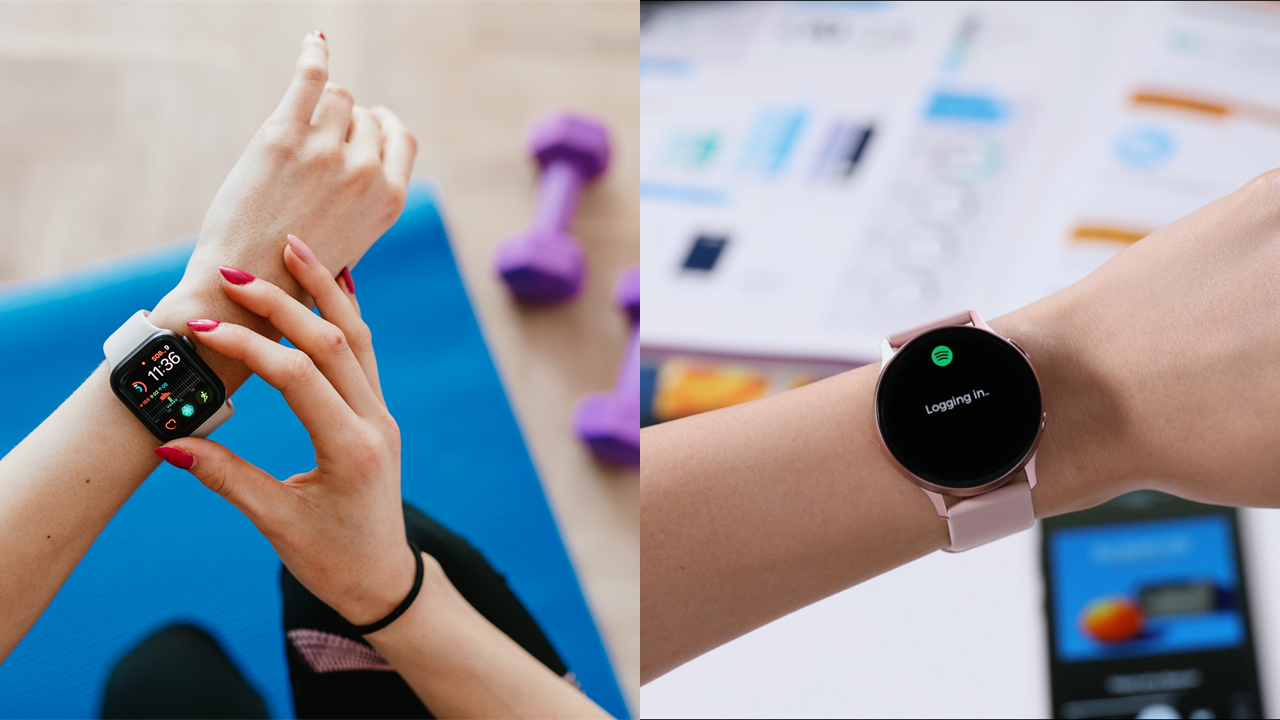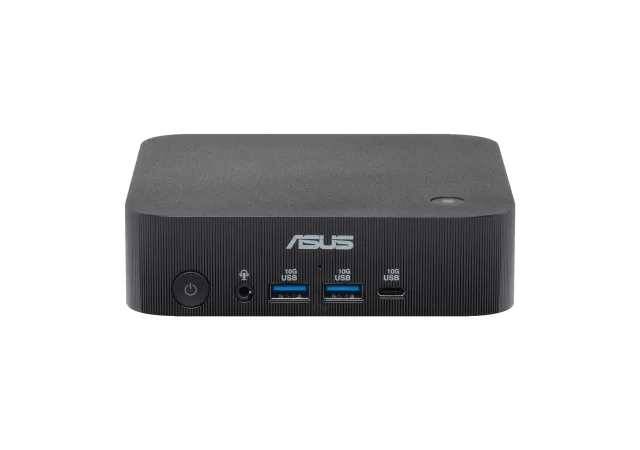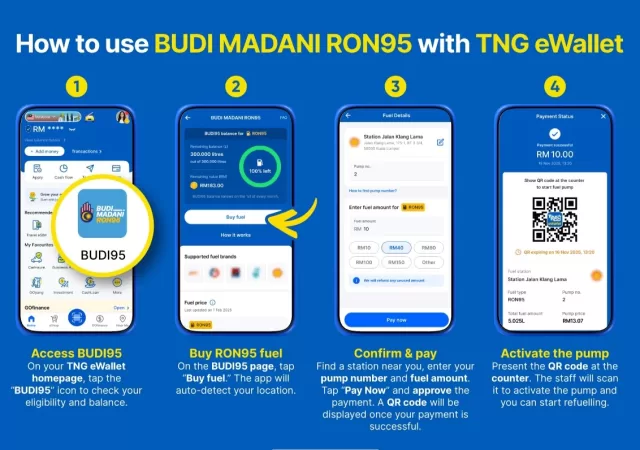We’ve long held the impression that wearables could change the health landscape. In fact, some companies like Fitbit have built businesses focusing on this promise. However, over the past decade, while we’ve seen numerous wearables drive an increased awareness of the importance of health and deliver tonnes of data to the consumer, we haven’t seen that dramatic shift that has been promised. That may change with the upcoming entries to the Samsung Galaxy Watch line up.

Rumours coming from Korean news outlet ET News are pointing to the upcoming Galaxy Watch 4, Galaxy Watch Active 3 and Apple Watch having a glucose monitor. This could revolutionize how the medical community looks to monitor and treat patients with diabetes. According to the report, the Galaxy Watch 4 will come with an optical sensor that will be able to detect the glucose levels in the user’s blood. This is done without the need to break the skin and by using a technique called Raman’s spectroscopy.
How Will It Work?
Let’s take a look at how this would work. We’re all used to the myriad of sensors on the back of a wearable now. We have one that measures the users heart rate, blood oxygenation and stress levels; and in newer wearables like the Fitbit Sense, Samsung Galaxy Watch 3 and Apple Watch Series 6, we also have sensors for an ECG. In addition to this, the new watch would include an additional sensor that would be able to detect the sugars in the blood vessels.

It achieves this by using a precise spectrum of light and sends it into the vessels where it comes into contact with glucose molecules. These molecules then produce a scatter which is unique to glucose which is then read by the sensor. This information is used in tandem with other relevant molecular concentrations in the blood will be able to give you a reading on the glucose levels in blood.
Why is Glucose Monitoring in Wearables Important?
So, it’s just another sensor – you might be saying. Yes, it’s another sensor in a piece of tech that seems filled to the brim with sensors. However, the fact that it allows a crucial bit of information to be available to patients is how it will revolutionize diabetic healthcare.
At the current time, the only way feasible way for diabetics to get glucose readings is by pricking themselves on a daily basis. This comes on top of the multiple pricks they have to endure to administer insulin subcutaneously. An average diabetic patient on insulin would need to prick themselves at least twice a day for glucose monitoring and administration of insulin. However, with this technology, they would only need to prick themselves once. This not only improves their quality of life; it makes sure that they aren’t needlessly building up scar tissue.

Another big jump in management comes with the fact that this technology also allows patients to monitor their blood sugar levels continuously. The only way this is feasible currently is if patients opt for a continuous glucose monitor. Using this will entail placing a probe under the skin. This is usually a plastic needle which takes blood samples at regular intervals. While this seems harmless, it presents its own set of challenges when it comes to maintenance and sterility. In fact, these probes can be the source of infections if not maintained well. What’s more, this method of monitoring isn’t widely adopted.
The fact that the new line up of Galaxy Watches could make continuous glucose monitoring more readily accessible will ensure diabetic patients have more granular information. Using this information, both doctors and patients will have more granular insights into the glucose tolerance of different types of foods by patients. This could lead to better diabetic management and even reversal in some cases.
Start of a New Wave of Health-centric Wearbles with Medically Actionable Insights
The new wave of wearbles starting with the next generation Samsung Galaxy Watches and Apple Watch could finally be medically relevant. The new features that will come in these wearables will allow access to more actionable insights when it comes to managing disease.
In fact, with more countries approving the ECG function in the Galaxy Watch 3 and Galaxy Watch Active 2, the wearable category may become a requirement instead of an option for more chronically afflicted patients – fulfilling a promise that was made at the inception of the category.






